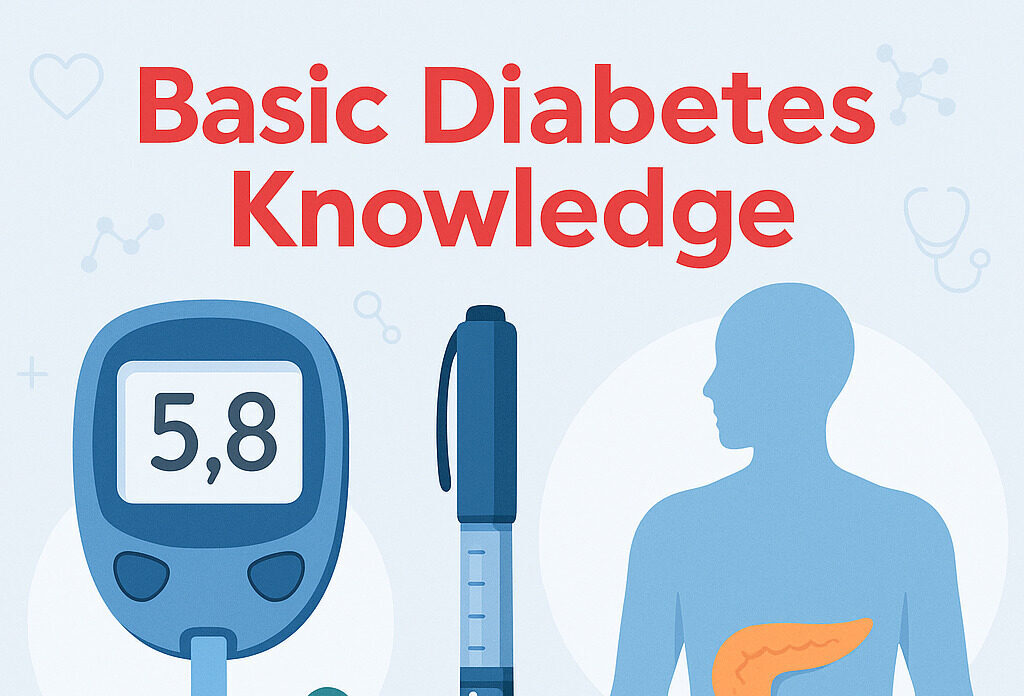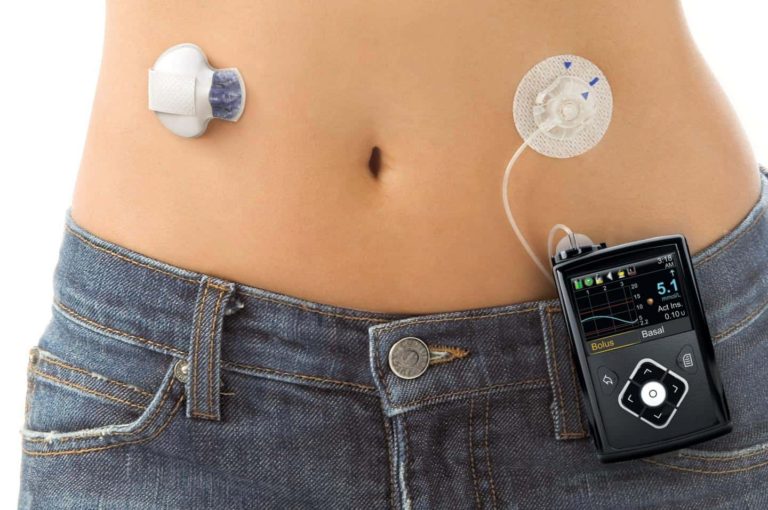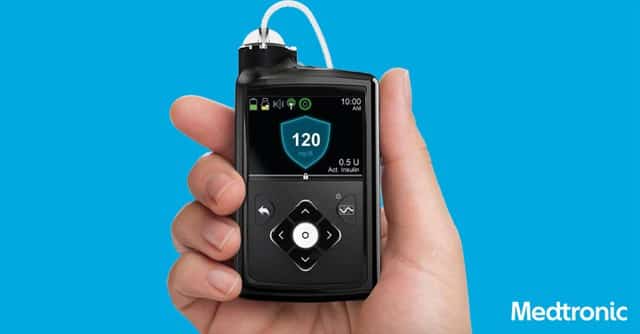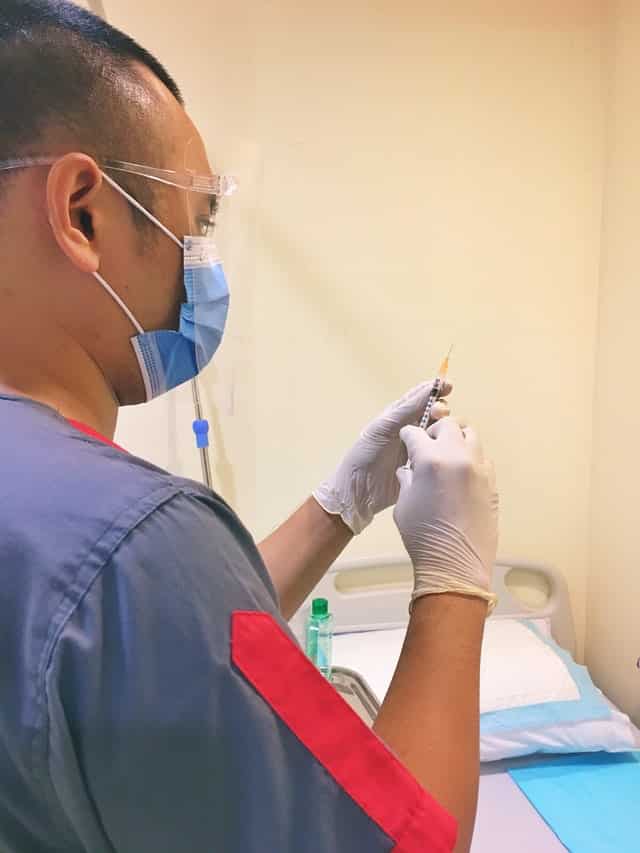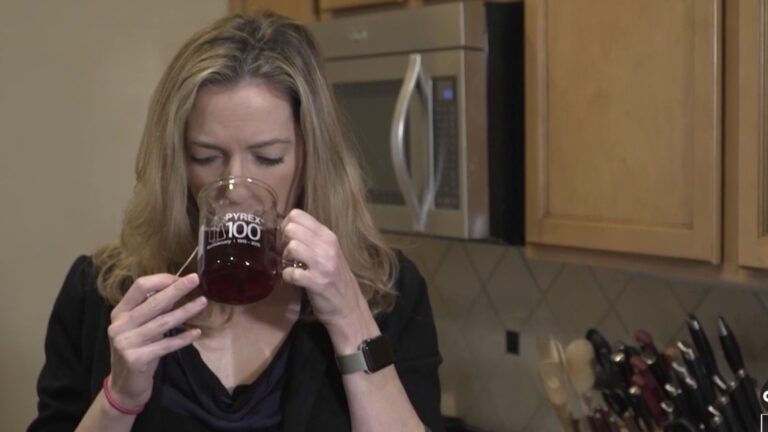Basic Diabetes Knowledge to Overcome Troubles
The pancreas produces a hormone called Insulin. It is responsible for the reduction of glucose or sugar levels in the blood. When there’s a decreased production of insulin, or when the body is no longer able to use the insulin produced, diabetes has occurred. So you’ll need a good amount of basic diabetes knowledge.
Risk factors for diabetes can be a result of family genetics or as a result of an uncontrolled lifestyle. Type 2 diabetes is most likely caused by excessive weight gain as well as lack of exercise. While type 1 diabetes occurs as a result of a family gene or genetics. Your doctor will prescribe an A1C test to check your average blood glucose levels for the past 3 months (source).
Basically, diabetes is the inability of the body to convert to or use the stored glucose or sugar for the production of energy. This causes elevated blood sugar levels and can be very dangerous for one’s health. According to the CDC, in 2010, approximately 8.3% of the united state population suffer from diabetes. This is about 11.3% of people who are under 20 and about 26.9% of people who are above 65 years.
Basic diabetes knowledge is important because the occurrence of diabetes is on a high. Increasing about 160% from 1980 to 2010 and accounted for about $245B for treatment and loss of productivity in 2012. Gestational diabetes is a condition that develops during pregnancy.
Basic Diabetes Knowledge to Manage Yourself
There are a number of ways you can manage your health if you suspect or diagnosed with diabetes.
-
Exercise
This is the simplest way to manage yourself as a diabetic patient. If you have type 2 diabetes, then your body doesn’t use the insulin produced in the pancreas correctly. Engaging in physical activities can, therefore, help you burn the excess glucose and help your body control the blood glucose or sugar level.
When engaged in physical activity, muscles use glucose for energy. Even in the absence of insulin, get yourself exercising and your muscles will burn the excess glucose in your system.
-
Manage Diabetes with Diet
People who have diabetes have a double chance of developing heart disease, as well as developing mental health disorders like depression. A diet consisting of low carbs and high healthy fats can help manage diabetes. Don’t even think taking steps to control your diet means deprivation, far from it. It means you have to eat only right, proper and balanced meals.
Losing only about 5-10% of your body weight can go a long way in reducing your blood sugar level or your blood pressure.
Your diet in order to manage diabetes must be rich in fiber and whole grains. You must do everything within your power to cut off sweetened and processed food. You have to eat more healthy fats derived from nuts, fish oil, avocados, olive oil, flax seeds etc. Then take more of fruits and vegetables, organic chicken or fish, a high-quality protein derived from eggs, beans, unsweetened yogurt, low-fat dairy, etc.
-
Insulin Pump Therapy
It is a therapy in which a small device like a smartphone is attached to the patient’s body, (it could be anywhere, your bra, belt, pocket) and it is discreet. At regular intervals, the pump infuses insulin into the body via a cannula tube. Insulin is stored in a reservoir located inside the pump. From there the insulin travels into the human body. It is also easy to detach the pump from your body whenever needed. Example, when playing sports, taking a shower, swimming, sex, etc.
It is important for newly diagnosed patients to follow your medication plan. Eat a balanced and low carb diet, and follow instruction from your dietician or doctor. This should be enough diabetes knowledge and information to help you overcome troubles or serious complications. #basicdiabetesknowledge

